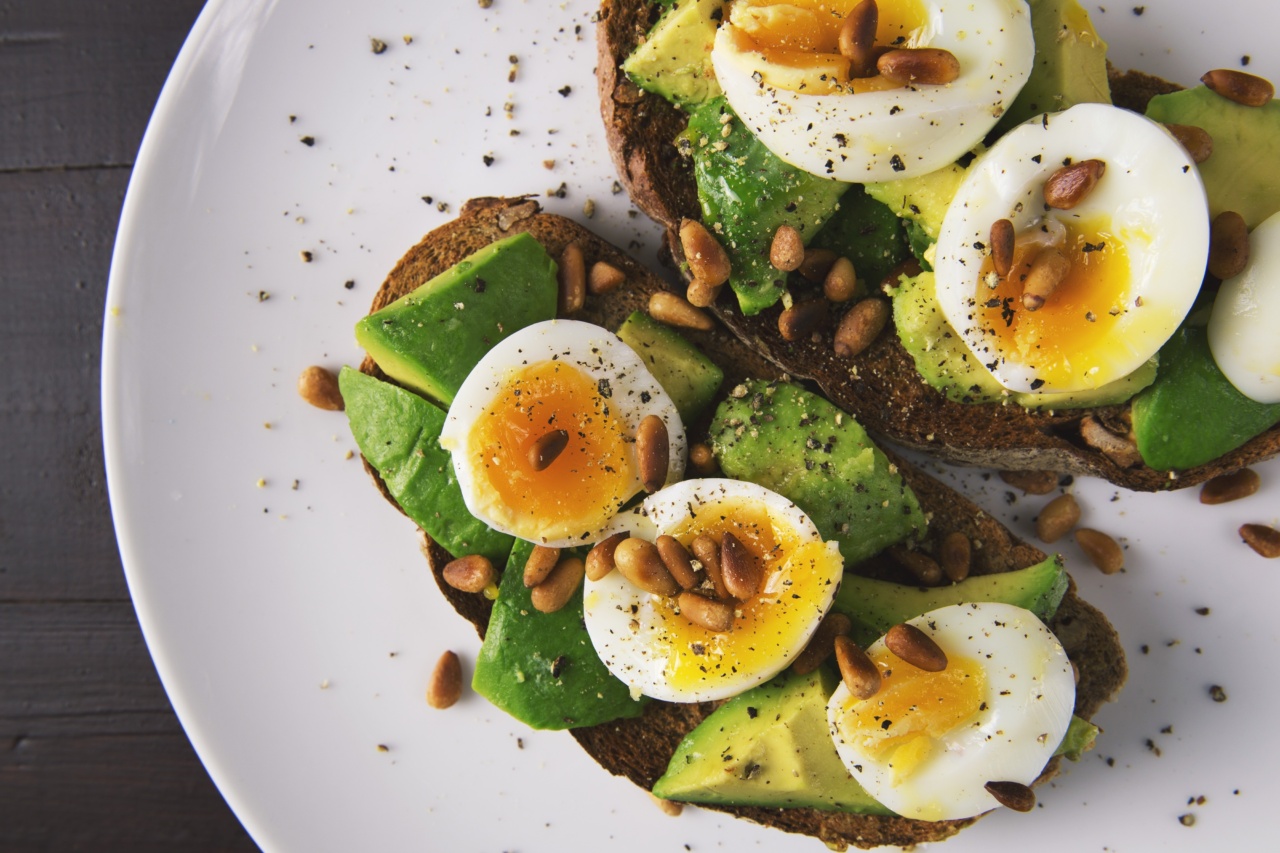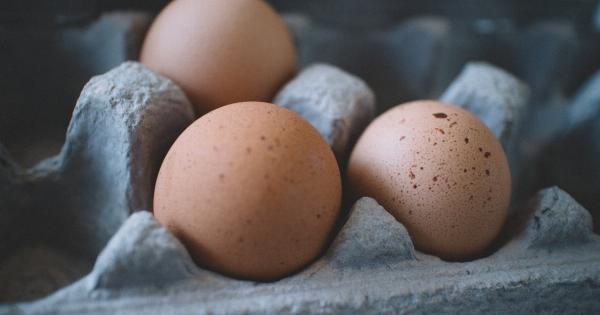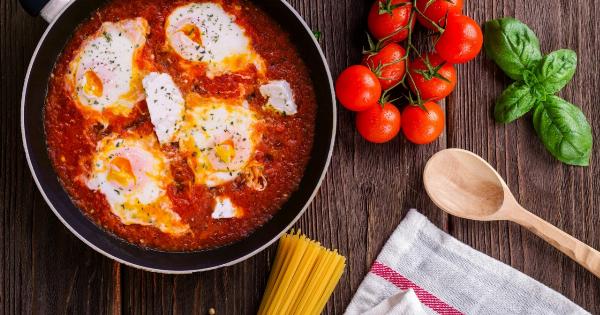Eggs are a popular breakfast food and are used in various dishes because of their nutritional value. However, it’s essential to choose the healthiest eggs to maintain a healthy diet.
This article will guide you in selecting the healthiest eggs for your diet.
What Makes an Egg Healthy?
An egg’s nutritional value depends on its quality and type. The healthiest eggs should have the following characteristics:.
- A high nutrient level – eggs should contain vitamins and minerals such as vitamin D, B2, B12, and choline (which is essential for memory, mood, and muscle control).
- The right balance of fats and cholesterol – eggs should contain healthy fats, which are essential for the body’s functioning.
- The right color – The color of the yolk and egg white may vary depending on the type of the egg, but it is essential to choose eggs that are bright yellow and white and not dull or gray.
- No contaminants or antibiotics – Eggs should not contain contaminants or antibiotics as this may affect their nutritional value.
Types of Eggs
There are various types of eggs, and it is necessary to understand their nutritional differences to choose the best one for your diet.
Conventional Eggs
These are the most common type of eggs, and they are produced by hens that are raised in cages with limited space. The hens are also fed a diet that may contain pesticides and antibiotics.
Cage-Free Eggs
Cage-free eggs are produced by hens that are not confined to cages. This means that they have more space to move around, and their diet may be more natural.
Cage-free hens may also have access to the outdoors, which allows them to forage, dustbathe, and interact with other chickens. Cage-free eggs may, therefore, be a healthier alternative to conventional eggs.
Free-Range Eggs
Free-range eggs are produced by hens that have access to the outdoors for a significant part of the day. This type of egg is produced by hens that are raised in a humane environment, with more space to move around and a more natural diet.
Free-range eggs are often more expensive than conventional eggs, but they are also more nutritious.
Organic Eggs
Organic eggs are produced by hens that are fed an organic diet free from pesticides and antibiotics. Organic hens are also raised in a humane environment, with enough space to move around; they may also have access to the outdoors.
Organic eggs are, therefore, the most nutritious and healthy type of egg.
How to Choose the Healthiest Eggs
Look for egg labels
When shopping for eggs, it’s necessary to look for egg labels. The label will indicate the type of egg and how it was produced. Look for labels such as:.
- Conventional Eggs – Eggs without any special labeling.
- Cage-Free Eggs – Produced by hens that are not confined to cages.
- Free-Range Eggs – Produced by hens that have access to the outdoors for a significant part of the day.
- Organic Eggs – Produced by hens that are raised on an organic diet and have access to the outdoors.
- Pastured Eggs – Produced by hens that are allowed to forage outside.
Examine the yolk color
The color of the egg yolk may indicate the quality of the egg. The best quality eggs will have bright orange/yellow yolks while low-quality eggs will have pale-yellow yolks.
Bright-colored yolks are an indication that the egg comes from a healthy hen that has been fed the right diet with high levels of nutrients.
Check the expiration date
It’s essential to check the expiration date of the eggs before purchasing. Expired eggs may harbor bacteria such as salmonella, which can cause food poisoning. Ensure that you only buy fresh eggs that are within their expiry date.
Avoid broken or cracked eggs
When shopping for eggs, avoid those with cracks or broken shells. Cracks in eggshells will allow bacteria to enter the egg, compromising its quality and nutritional value.
Buy from reputable producers
It’s best to buy eggs from reputable producers who have farms that adhere to strict standards and regulations. Such producers will prioritize the welfare of the hens and the quality of the eggs produced.
Conclusion
Eggs are essential to a healthy diet, but it’s necessary to choose the healthiest ones. This article has highlighted various types of eggs, what makes an egg healthy, and how to choose the healthiest eggs for your diet.
By following this guide, you can select eggs that not only taste good but have high nutritional value.































